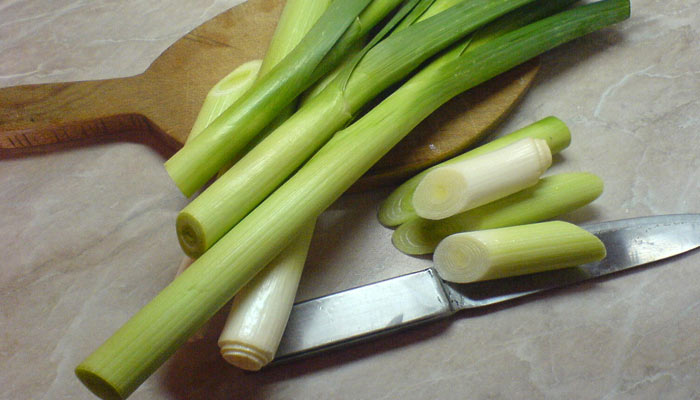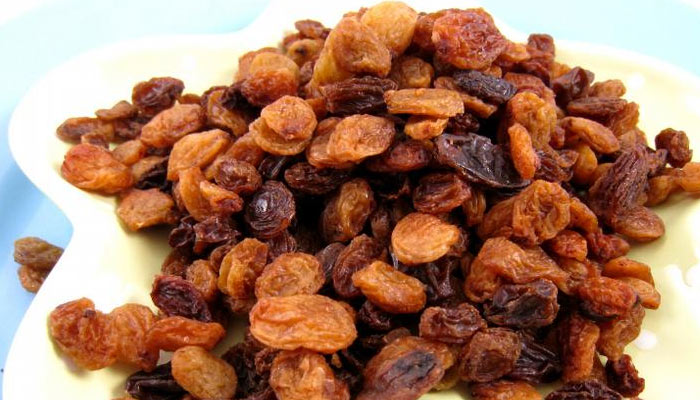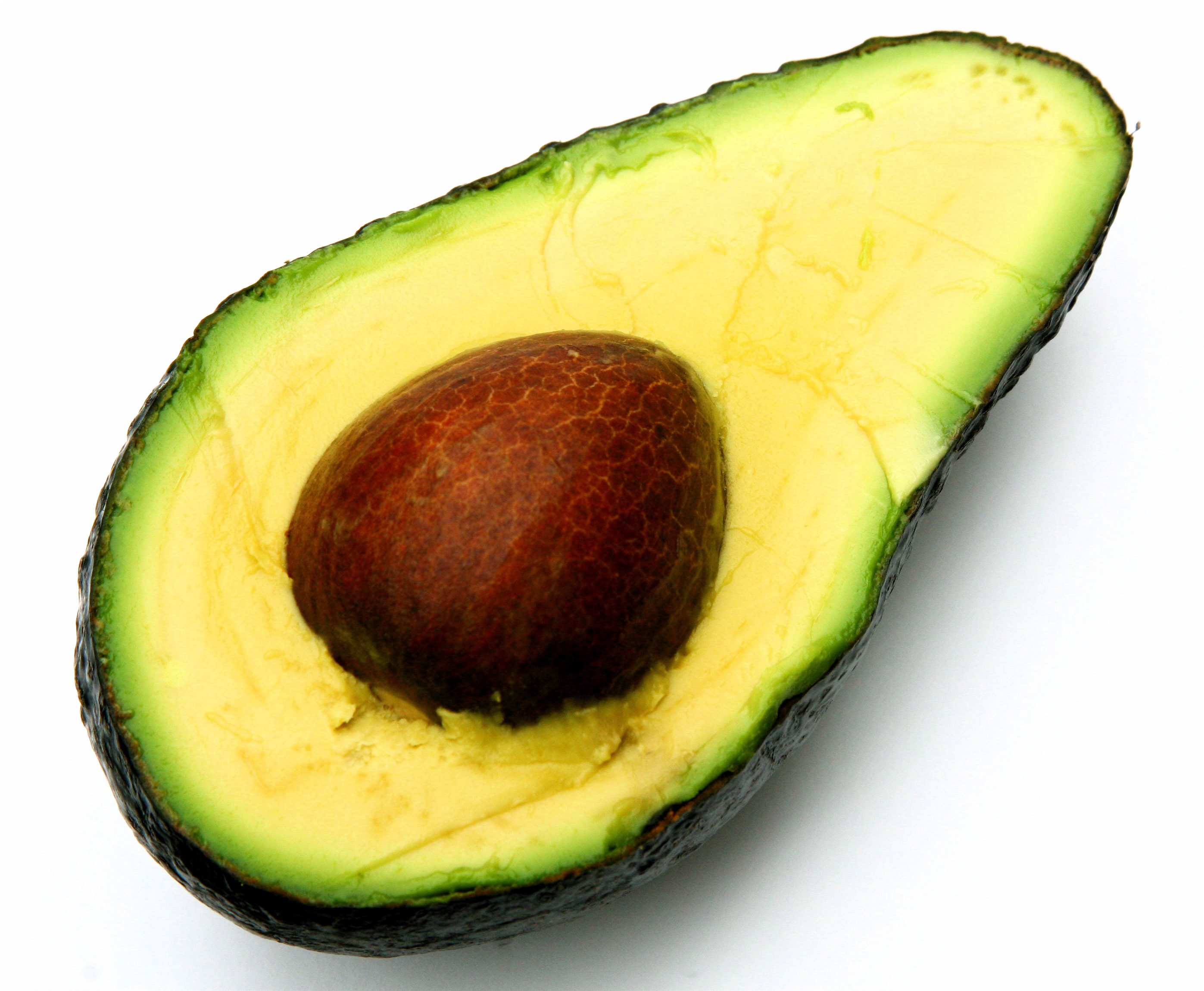
by Dr. Michael Murray | Feb 10, 2014 | Healing Food Facts
Leeks are a relative to the onion and garlic family, but are different as people consume their leaves rather than the bulb. They are a native to Central Asia, and have been cultivated in the region for thousands of years. Greeks and Romans popularized the vegetable,...

by Dr. Michael Murray | Feb 3, 2014 | Healing Food Facts
Although most consider the olive a vegetable, its actually a fruit. Many consume green and black olives, the only difference between the two being their degree of ripeness – green being the less ripe. Olives are usually prepared by being cured or pickled in oil, water...

by Dr. Michael Murray | Jan 27, 2014 | Healing Food Facts
Raisins are a common American snack made from dehydrated grapes. Ancient Phoenicians and Armenians worked to prefect the process of making raisins. In Rome, raisins were used to adorn places of worship, used as barter currency and were even given as prizes at sporting...

by Dr. Michael Murray | Jan 20, 2014 | Healing Food Facts
Cabbage is a relative of broccoli, brussel sprouts, and radishes as a member of the cruciferous family of vegetables. Modern cabbage has developed over centuries from a plant brought to Europe from Asia by a band of Celtic people around 600 B.C.E. From then on,...

by Dr. Michael Murray | Jan 13, 2014 | Healing Food Facts
The avocado, also referred to as the alligator pear, can be divided into three main categories, West Indian, Guatemalan, and Mexican. In the United States, the Guatemalan is the most popular. Avocados are native to Central and South America, and have been cultivated...

by Dr. Michael Murray | Jan 6, 2014 | Healing Food Facts
With its bulb and stalks, fennel is a member of the Umbelliferae family along with carrots and celery. Fennel has a distinct taste often compared to licorice, that many either love or hate. With a deep history in the Mediterranean region, fennel was closely associated...









